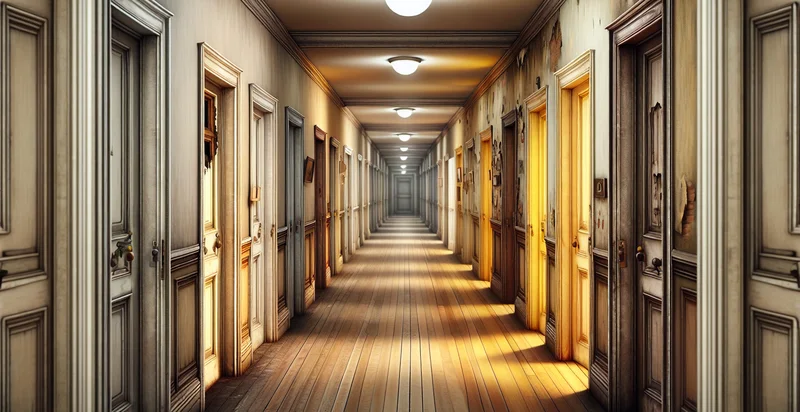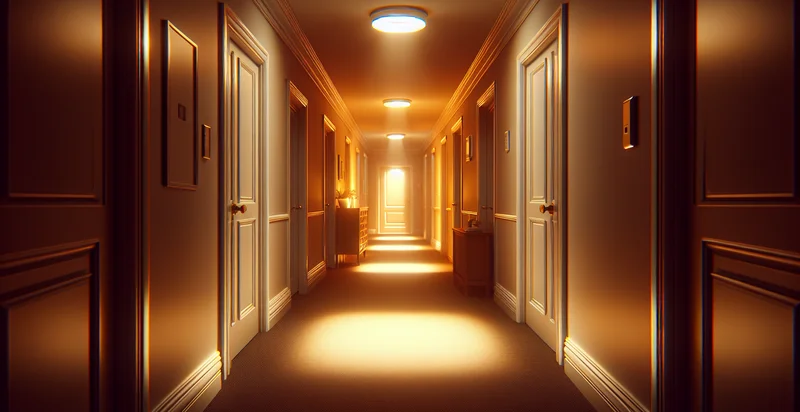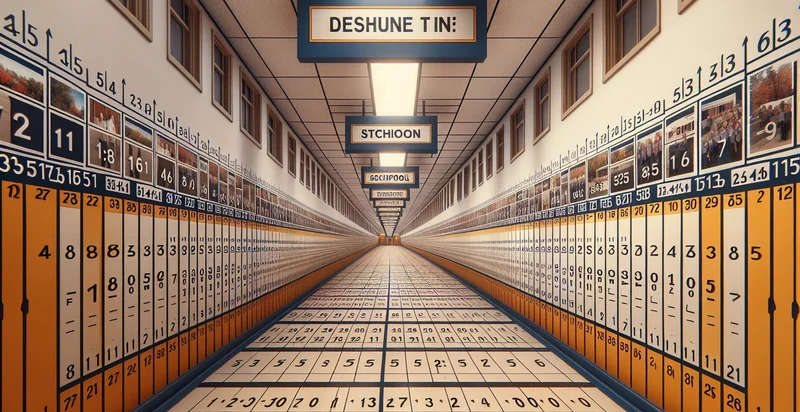Identify hallway condition
using AI
Below is a free classifier to identify hallway condition. Just upload your image, and our AI will predict the condition of the hallway - in just seconds.

Contact us for API access
Or, use Nyckel to build highly-accurate custom classifiers in just minutes. No PhD required.
Get started
import nyckel
credentials = nyckel.Credentials("YOUR_CLIENT_ID", "YOUR_CLIENT_SECRET")
nyckel.invoke("hallway-condition", "your_image_url", credentials)
fetch('https://www.nyckel.com/v1/functions/hallway-condition/invoke', {
method: 'POST',
headers: {
'Authorization': 'Bearer ' + 'YOUR_BEARER_TOKEN',
'Content-Type': 'application/json',
},
body: JSON.stringify(
{"data": "your_image_url"}
)
})
.then(response => response.json())
.then(data => console.log(data));
curl -X POST \
-H "Content-Type: application/json" \
-H "Authorization: Bearer YOUR_BEARER_TOKEN" \
-d '{"data": "your_image_url"}' \
https://www.nyckel.com/v1/functions/hallway-condition/invoke
How this classifier works
To start, upload your image. Our AI tool will then predict the condition of the hallway.
This pretrained image model uses a Nyckel-created dataset and has 21 labels, including Accessibility Compliant, Clean, Cluttered, Decorated, Dimly Lit, Dirty, Empty, Friendly For Pedestrians, Hostile For Pedestrians and Modern.
We'll also show a confidence score (the higher the number, the more confident the AI model is around the condition of the hallway).
Whether you're just curious or building hallway condition detection into your application, we hope our classifier proves helpful.
Related Classifiers
Need to identify hallway condition at scale?
Get API or Zapier access to this classifier for free. It's perfect for:
- Facility Management Optimization: This function can assist facility managers in assessing the condition of hallways within commercial buildings. By automatically identifying issues such as clutter, stains, or poor lighting, managers can prioritize maintenance tasks and allocate resources effectively.
- Healthcare Environment Safety: In hospitals, maintaining clean and safe hallways is crucial for patient safety and comfort. This function can monitor the condition of corridors, alerting staff to hazardous conditions that could impact patient mobility or pose health risks.
- Retail Space Maintenance: Retail businesses can utilize this function to ensure that hallways are consistently visually appealing and safe for customers. By analyzing floor conditions and identifying potential hazards, store managers can create a more pleasant shopping experience and reduce liability risks.
- Smart Building Management: Integrated with IoT systems, this function can provide real-time data on hallway conditions within smart buildings. Building operators can use this information to trigger maintenance alerts or automate cleaning schedules, enhancing overall efficiency.
- Insurance Assessment: Insurance companies can use this technology to assess the condition of hallways in properties for risk evaluation. By accurately identifying deteriorated conditions, insurers can determine appropriate coverage premiums and mitigate potential claims.
- Event Space Preparation: For venues hosting events, this function can quickly assess hallway conditions to ensure they are in prime condition before attendees arrive. This can help event coordinators address issues promptly, ensuring a seamless experience for guests.
- Educational Institution Infrastructure: Schools and universities can implement this function to monitor hallway conditions across campuses. By identifying wear and tear, institutions can schedule timely repairs or upgrades, improving safety and the overall learning environment for students.


